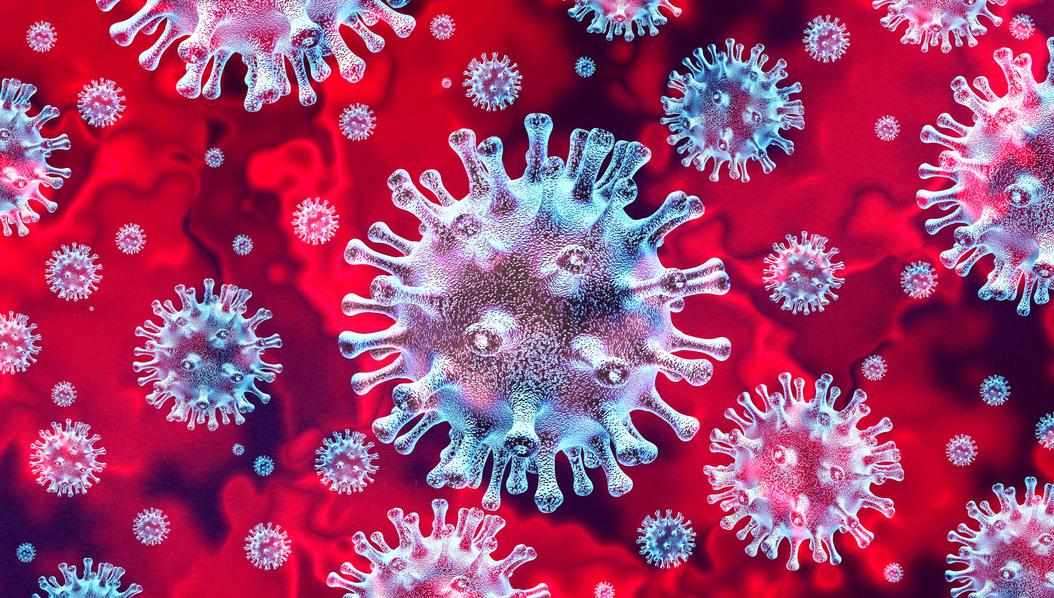
Coronavirus outbreak and coronaviruses influenza background as dangerous flu strain cases as a … [+]
President Joe Biden’s announcement today about the steps he took in response to the new Omicron Covid-19 variant underscores several best practices for responding to, communicating about and managing a crisis.
Best Practices
When You See Something, Do Something. And Don’t Wait To Do It.
After meeting this morning with Dr. Anthony Fauci and members of the White House Covid response team, Biden said that, “As a precautionary measure until we have more information, I am ordering additional air travel restrictions from South Africa and seven other countries. These new restrictions will take effect on November 29. As we move forward, we will continue to be guided by what the science and my medical team advises.”
Keep Repeating Key Messages About The Crisis
Biden used today’s announcement as an opportunity to repeat two of his basic messages about the coronavirus crisis:
- “For Americans who are fully vaccinated against severe Covid illness – fortunately, for the vast majority of our adults — the best way to strengthen your protection is to get a booster shot, as soon as you are eligible.”
- “For those not yet fully vaccinated: get vaccinated today. This includes both children and adults.”
Highlight What’s At Stake
Biden said that, “… for the world community….the news about this new variant should make clearer than ever why this pandemic will not end until we have global vaccinations.”
Remind People What You’ve Done—And What Needs To Be Done
“The United States has already donated more vaccines to other countries than every other country combined. It is time for other countries to match America’s speed and generosity,” Biden said.
Outline Next Steps
Biden said that, “I call on the nations gathering next week for the World Trade Organization ministerial meeting to meet the U.S. challenge to waive intellectual property protections for Covid vaccines, so these vaccines can be manufactured globally. I endorsed this position in April; this news today reiterates the importance of moving on this quickly.”
MORE FOR YOU
Analysis: New Variant Raises Concerns
Eric McNulty is associate director Harvard’s National Preparedness Leadership Initiative and an instructor at the Harvard T.H. Chan School of Public Health. He said, “As one who has been following the pandemic though a public health lens from early on, I have consistently noted that the more space and time one gives a virus to mutate, the more likely it is to do so.
“This latest variant…raises concerns though it is not time to panic. The nations of southern Africa have overall low vaccination rates which create an ideal environment for rapid spread of any variant. We do not yet know a lot. People should take a deep breath and listen to the scientists.”
Taking Action
McNulty noted that, “The [new] travel restrictions are a visible demonstration that the Administration sees the variant as concerning and is taking action. As cases have already been detected in Asia and Europe, the restrictions will not be foolproof containment. Some may deride this as ‘optics’ or ‘response theater,’ elected officials know that people need to see that something tangible and that they can understand is being done.
“That’s what the travel move does. While the travel restrictions are getting ample attention, the most important work is happening behind the scenes. It appears that Dr. Fauci and others in the Administration are focused and engaged in accelerating data collection and analysis which are the best steps to increase understanding of the variant and its potential impact. They continue to urge vaccination, including boosters, which still provide the best protection for individuals. They need to coordinate with the WHO and officials in the affected countries. They also need to work with their counterparts in other wealthy nations [to] accelerate vaccine aid to Africa and other regions with low vaccination rates,” he observed.
Response By Business Community
“Today’s market sell-off appears to demonstrate the tendency to panic over breaking news. The headlines today have been alarming, though they overstate the level of threat that most scientists are seeing.
“Having recently interviewed a dozen executives at global companies on lessons learned from the pandemic, each of their organizations had become quite good at distilling public health information and understanding what it may mean for their associates, operations, and supply chains.
“Based on these interviews, I would guess that the response within businesses is more measured than was seen in the markets today,” McNulty concluded.




